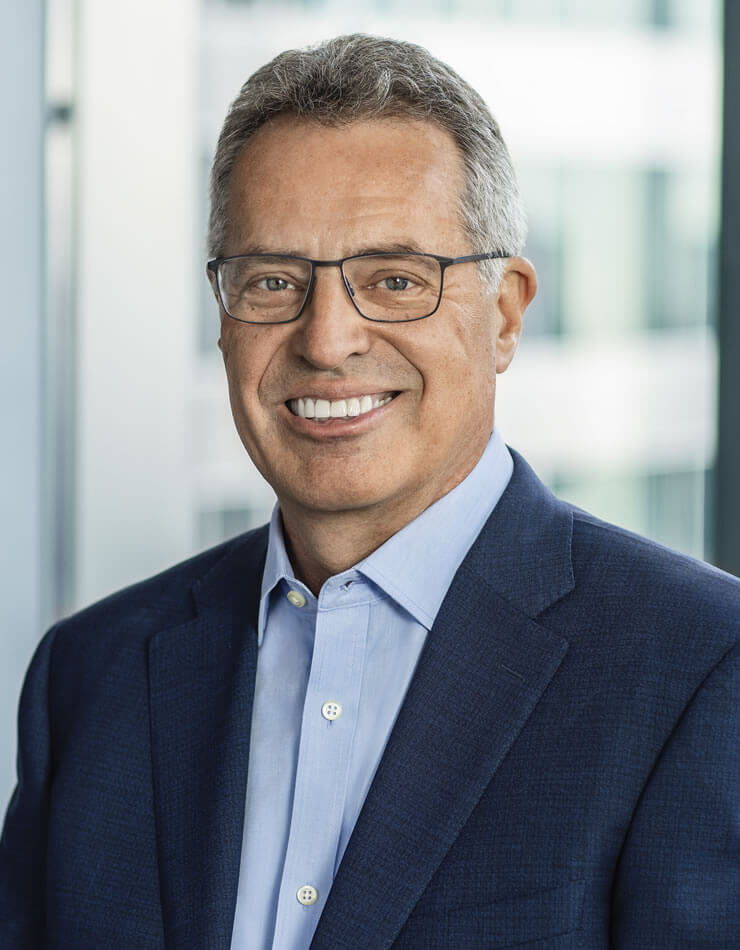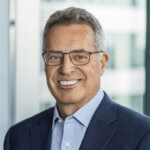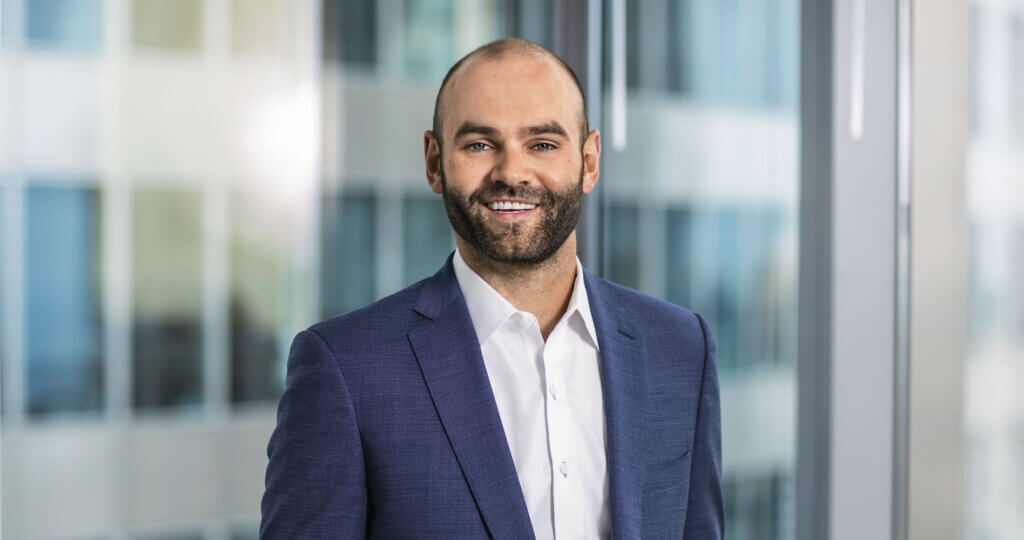Oakmark Global Select Fund - Investor Class
Average Annual Total Returns 03/31/11
Since Inception 10/02/06 5.86%
10-year N/A
5-year N/A
1-year 9.75%
3-month 5.15%
Gross Expense Ratio as of 09/30/10 was 1.29%
Past Performance is no guarantee of future results. The performance data quoted represents past performance. Current performance may be lower or higher than the performance data quoted. The investment return and principal value vary so that an investor’s shares when redeemed may be worth more or less than the original cost. The performance of the Funds does not reflect the 2% redemption fee imposed on shares redeemed within 90 days of purchase. To obtain the most recent month-end performance data, view it here.
The Oakmark Global Select Fund returned 5% for the quarter ended March 31, 2011, compared to the MSCI World Index, which also returned 5% for the same period. Since inception, the Fund has returned an average of 6% per year, outperforming the MSCI World Index, which has averaged 1% per year over the same period.
One of the top contributors to performance for the quarter was SAP, a global software manufacturer based in Germany that returned 20%. In January, SAP reported better-than-expected 2010 results. SAP’s core business – software and software-related services – grew 10% and overall group revenue grew 11%. A significant factor in our investment thesis is margin improvement, which management continues to deliver on. Both gross margin and operating margin increased in 2010. We believe management has proven to be good stewards of capital over time and SAP is a business with great economics that provides valuable solutions to its customer base and generates strong cash flow.
Another top contributor to performance was Capital One Financial, a U.S.-based diversified banking group, which returned 22%. Improved profitability has been aided by rapidly declining card charge-offs approaching levels not seen since the mid-2000s. These reduced credit costs added over $5 to per-share earnings in 2010 and similar effects are expected in 2011. Reduced charge-offs help highlight what we see as the company’s strong underwriting culture and risk-averse management style. We believe Capital One will begin to experience loan growth in the low single digits due to greater demand and reduced charge-offs, as well as improved back-office management.
The largest detractor from performance for the quarter was U.S.-based electronics retailer Best Buy, which fell 16%. Shares declined amid continued concerns that consumers are becoming more price-sensitive and moving to competitors such as Wal-Mart and Amazon. The next few quarters look challenging, as the TV innovation cycle has paused and consumers remain more focused on price. However, to address increased competition from low-priced retailers, Best Buy plans to expand the inventory it offers online to make online price comparison easier for consumers. During the quarter, Best Buy reported same-store sales down 5% for 4Q10, but profitability was better than expected due to stronger gross margins and tighter cost controls. We think margins will continue to benefit from the company’s shift to small-box mobile stores, which sell high-demand items like smartphones and tablets. Management has indicated that it will open only six to eight new big-box stores in 2011 (compared to 30 in 2010). We believe Best Buy remains a solid investment opportunity, especially at its current price of just 4x 2012 EBIT.
Another top detractor for the quarter was Daiwa Securities Group. Like the vast majority of Japan-based firms, Daiwa’s stock price declined in March. We acknowledge that the company’s operations will likely continue to be disrupted in the near term. However, because we don’t believe the company’s underlying fundamentals have changed, our long-term view of Daiwa’s intrinsic value remains intact.
During the quarter, we eliminated our positions in Bank of America and Television-Francaise 1 and used the proceeds to purchase Danone, the French-based manufacturer of popular food brands such as Dannon and Evian. We also purchased Tyco Electronics, an electronics component and network solutions company. In March, Tyco Electronics changed its name to TE Connectivity.
We continue to defensively hedge the Fund’s currency exposures. At quarter-end, approximately 53% of the Fund’s Japanese yen and 53% of the Fund’s Swiss franc exposures were hedged.
We thank you for your continued confidence and support.
As of 3/31/11, SAP AG represented 5.2% of The Oakmark Global Select Fund’s total net assets, Capital One Financial Corp. 4.0%, Best Buy Co., Inc. 4.0%, Wal-Mart Stores Inc. 0%, Amazon.com, Inc. 0%, Daiwa Securities Group Inc. 5.0%, Bank of America Corp. 0%, Societe Television Francaise 1 0%, Danone 4.4%, and TE Connectivity 4.5%. Portfolio holdings are subject to change without notice and are not intended as recommendations of individual stocks.
The MSCI World Index (Net) is a free float-adjusted market capitalization weighted index that is designed to measure the global equity market performance of developed markets. This benchmark calculates reinvested dividends net of withholding taxes using Luxembourg tax rates. This index is unmanaged and investors cannot invest directly in this index.
Because The Oakmark Global Select Fund is non-diversified, the performance of each holding will have a greater impact on the Fund’s total return, and may make the Fund’s returns more volatile than a more diversified fund.
Investing in foreign securities presents risks that in some ways may be greater than U.S. investments. Those risks include: currency fluctuation; different regulation, accounting standards, trading practices and levels of available information; generally higher transaction costs; and political risks.The discussion of the Funds’ investments and investment strategy (including current investment themes, the portfolio managers’ research and investment process, and portfolio characteristics) represents the Funds’ investments and the views of the portfolio managers and Harris Associates L.P., the Funds’ investment adviser, at the time of this letter, and are subject to change without notice.







